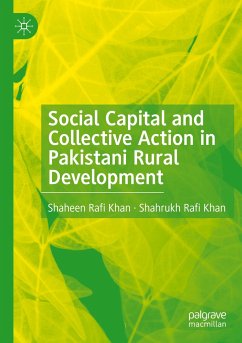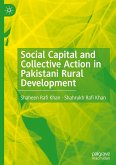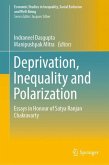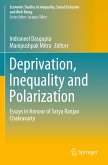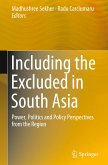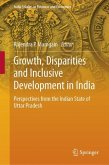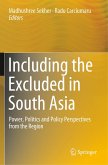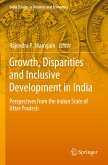This book distinguishes conceptually between indigenous and constructed social capital and the associated spontaneous and induced collective action for rural development and natural resource preservation. While some of the case studies in this book show that induced collective action can lead to cost-effective, community-centric and empirically grounded rural development initiatives, other case studies show that spontaneous collective action, based on indigenous social capital, can result in resource preservation, positive development outcomes, and resistance to the excesses engendered by conventional development. The authors also explore a hybrid form whereby spontaneous collective action is given a more effective and sustainable shape by an outside organization with experience of induced collective action.
Exploring alternative community-centric paths to development, especially those attuned with sustainability imperatives, is part of a global search for solutions. While the volume draws on the Pakistani case, the problem with conventional development approaches and the need for complementary alternatives is not unique to only this country; and the volume has broader relevance to students and researchers across the fields of social policy and development.
Exploring alternative community-centric paths to development, especially those attuned with sustainability imperatives, is part of a global search for solutions. While the volume draws on the Pakistani case, the problem with conventional development approaches and the need for complementary alternatives is not unique to only this country; and the volume has broader relevance to students and researchers across the fields of social policy and development.

